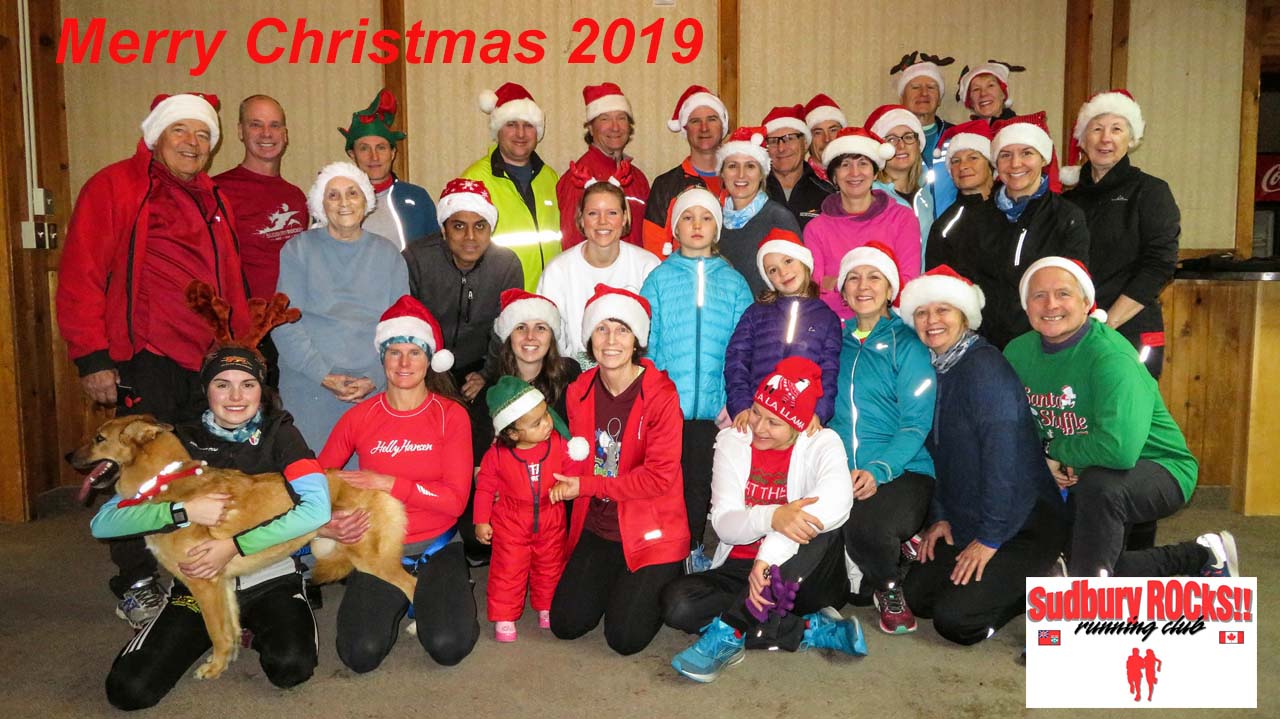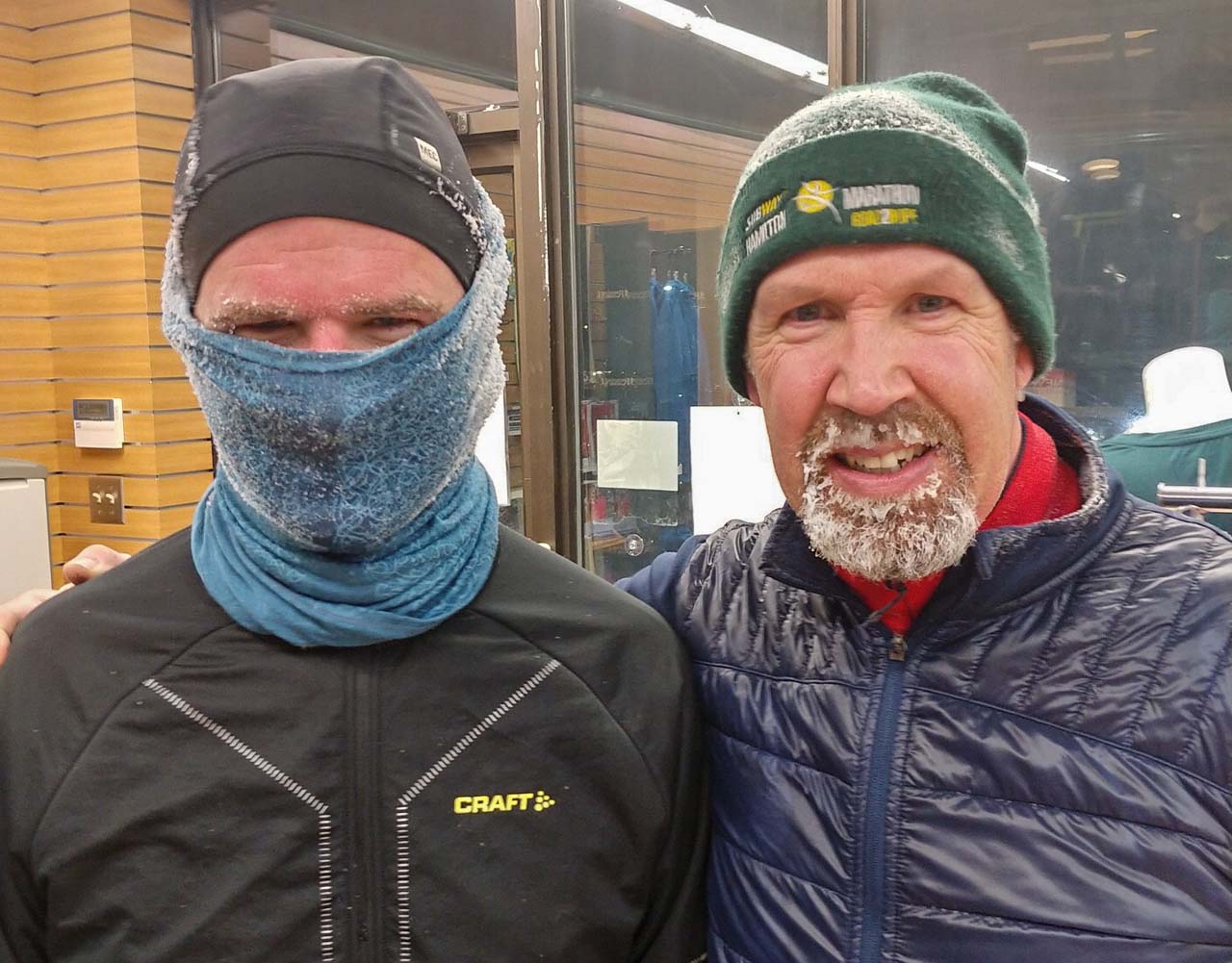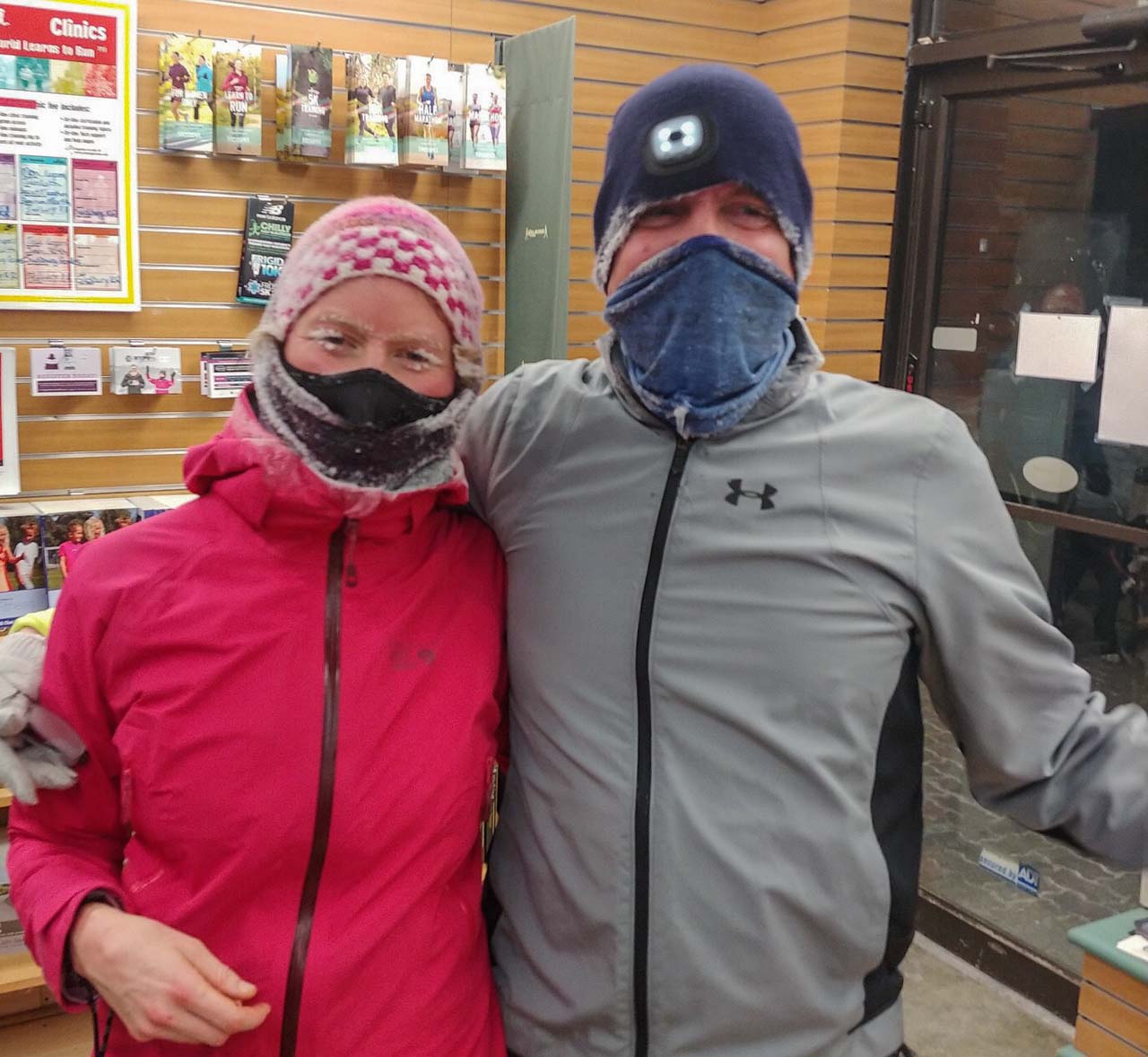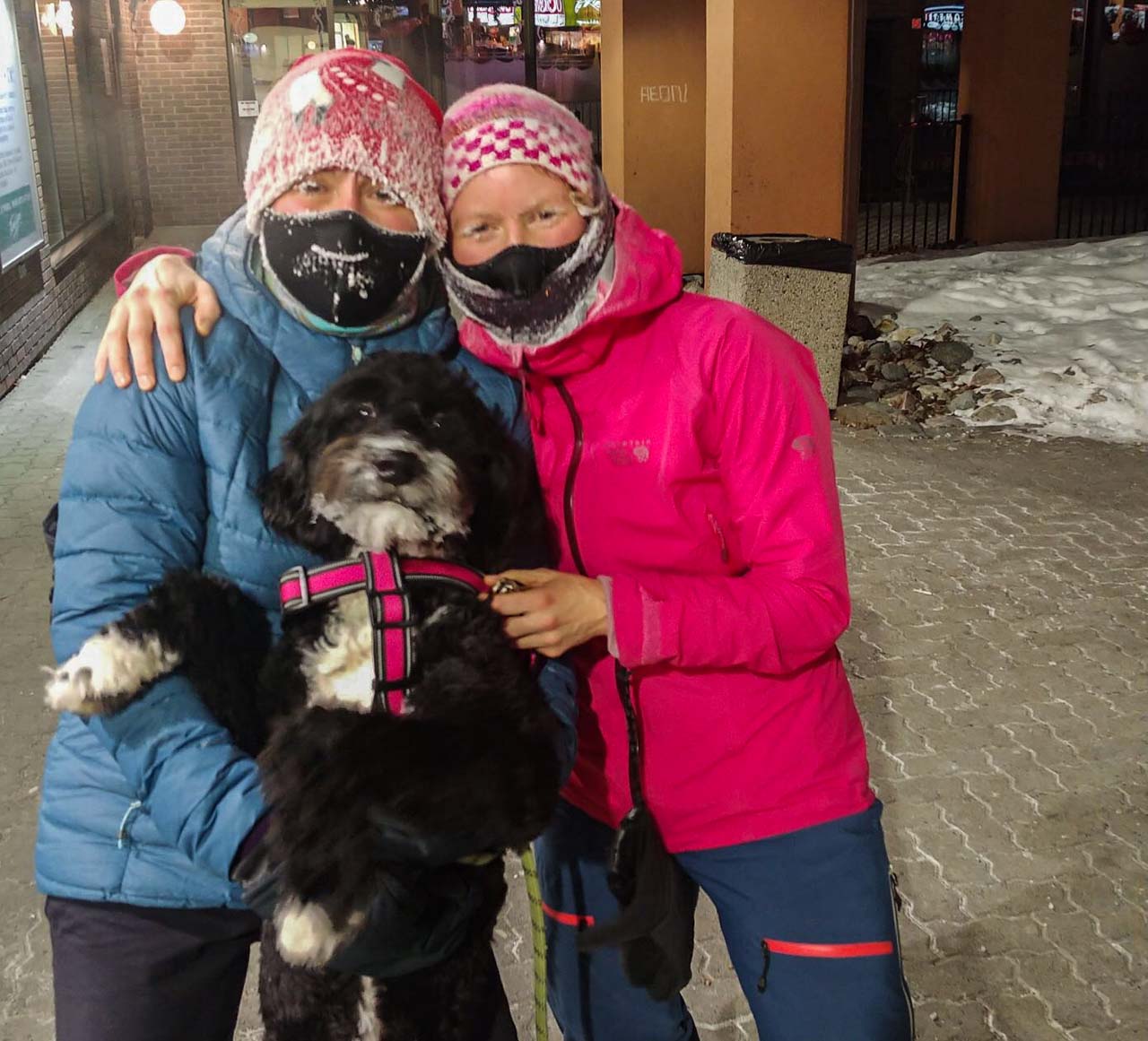Michelle-Lynn
Kennedy studies repatriation of Indigenous
children’s art for her doctoral work.
And she’s doing so because she ran for
the Laurentian University cross-country and
track teams. A member for five years until
2016, the alumna is currently working towards
her PhD in interdisciplinary human studies.
But there were times as an undergraduate when
she was “homeless,” short on money,
and needing help to complete her studies.
Last week, Kennedy
launched an effort to help save the team that
means so much to her. She put out a call on
Facebook to generate support for varsity cross-country
running and indoor track and field at Laurentian:
www.facebook.com/michellelynn.kennedy/posts/10162769780065473.
Kennedy’s efforts went across Canada
in the online edition of Canadian Running
magazine.
(Go to Michelle's link below to donate)
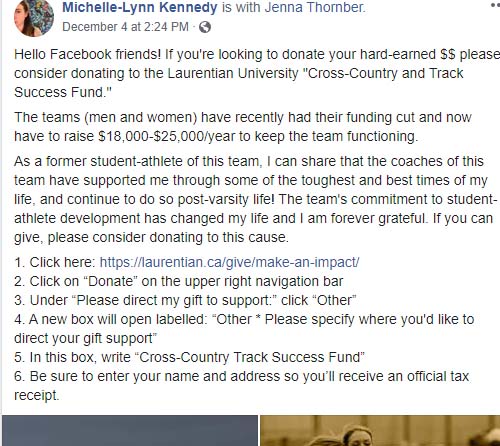
https://laurentian.ca/give/make-an-impact/
Context,
cuts and a bigger story
As the CBC reported
back in March, the university was cutting
$10 million to help balance its books, due
to the province’s 10 per cent reduction
in tuition costs. As well, Ontario’s
very) own Ford government announced students
could select where their extra fees would
go. At Laurentian, those choices also left
services like CKLU radio and the Lambda newspaper
suffering. As well, student-athletes now pay
to be on their respective varsity teams, which
is a range of $140 to $700 per athlete, according
to sources.
Teams continue
fundraising to offset costs, something they’ve
always done. All coaches are responsible for
their own fundraising, athletics director
Peter Hellstrom writes in an email. It’s
a discussion various coaches on camps are
politely reluctant to have. In sport, there’s
always next season and there’s hope
this situation is a one-off. As well, all
Ontario universities are scrambling to manage
the cutbacks. Besides, no one wants to hurt
a program that sends positive waves into the
community.
Michelle Kennedy’s
story is but one happy example.
Herstory:
From the river through London
Coming North
was a big deal for Kennedy, a member of the
Oneida Nation of the Thames. She came to LU
for the small class sizes and team, she adds.
She didn’t really know oaches Dick Moss
and Darren Jermyn and tried out as a walk-on.
“It was just so
welcoming from Dick and Darren. Over the course
of the five years, the whole aspect of being
on the team, I wouldn’t have been as
successful and graduating unless I had sport.”
The coaches helped
her find summer employment. She coached in
the Track North Bobcat program, which helped
her buy food. For several months in 2013,
as her second year was wrapping up, she had
nowhere to live. “I don’t come
from a family that has money, so I don’t
have people who can come and get me.”
She was stuck and says she lived in a tent.
“It seemed like a fun thing. It was
actually, looking back on it I had no other
options.”
Moss and Jermyn
soon found out and were, naturally, upset
that she hadn’t told them, she says.
“It was dangerous
as an Indigenous woman being outside. “
All the help made for a tight relationship
with the team. “That
really helped me get through school because
school was hard. I was able to rely on them
because I didn’t have any family here.
They became like another family where I could
go and I knew that I would be safe.”
Recently, Moss and several
teammates attended her master’s thesis
defence. She aspires to be a professor. Coming
into first year at LU, she knew only that
she wanted to teach one day. “Academically
speaking, I couldn’t have done the things
I have without the team.”
Although she
didn’t meet her life partner through
varsity sport, she says he wanted to be a
physiotherapist. He volunteered to be the
team’s athletic trainer and that experience
ultimately helped him become a physio. “Our
futures and the dreams we’re living
now have been supported by the team,”
Kennedy says.
Future?
Coach Moss says
the team has held five fundraisers since September,
ranging from a concession stand at OFSAA cross-country
running to organizing the Laurentian Challenge
— one of the largest elementary school
cross-country races in Canada. The team, plus
dozens of community volunteers, help at those
events. “We’ve
also received donations from community supporters,
who have been amazing, and alumni who are
incredibly loyal. We have enough funds for
this indoor season, and possibly next year,”
he writes in an email. “We’re
extremely grateful to everyone who has helped
us.”
Kennedy wants
athletes to be able to concentrate on studying,
resting and staying healthy so they can race
to their potential. It takes time to get through
the detailed four- or five-year program, so
the athlete can peak to their maximum potential,
she explains. “When you come into first
year as a runner, and especially as a woman,
you haven’t really developed into your
full potential because you’re still
growing.” Kennedy worries that athletes
will have to spend even more of their precious
time fundraising to help them develop as athletes.
She knows fundraising is necessary and the
team is already doing just that, she says.
She believes fundraising builds leadership
skills and puts the varsity athletes out there
in the public eye.
“When the
youth see you out there, (they) see you as
part of the community and they look up to
you. It contributes to a healthier community
as a whole.”
Laura Young’s
Personal Best column appears every other week.








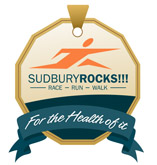

219.jpg)


